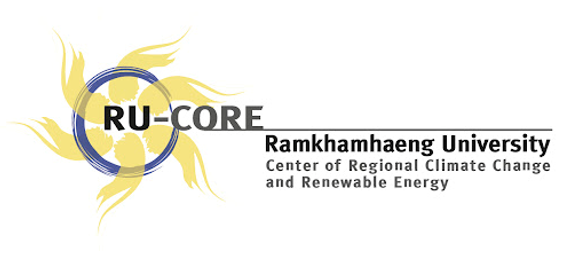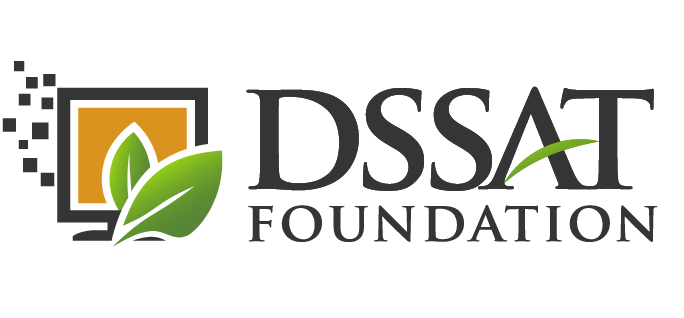The overall goal of this Workshop is to familiarize participants with comprehensive agroinformatic tools for the simulation of crop growth and yield, soil and plant water, nutrient and carbon dynamics and their applications to real world problems. Simulation results may be used to improve management decisions to precisely allocate agricultural resources.
Today more than ever, increased food production and security depend on judicious use of resources. In addition, issues such as climate change, climate variability, soil carbon sequestration and the long-term impact on food production and food security and environmental sustainability, have become important. Many weather, soil, genetic and management factors affect the way a crop will respond to irrigation, fertilizer and other management practices. Determining appropriate and precise crop management strategies under these uncertainties has major economic and environmental implications. Computer simulation models of the soil/plant/atmosphere system with user-friendly GIS interfaces can make a valuable contribution to both furthering our understanding of the processes that determine crop responses and predicting crop performance, resource use and environmental impacts for different environments and management scenarios. User-oriented simulation models greatly facilitate the task of optimizing crop growth and deriving recommendations concerning crop management. They can also be used to determine the potential impact of climate change on crop production and long-term soil carbon sequestration, carbon stock of a landscape, or provide management scenarios for adapting to climate variability.


